It is with great excitement that I welcome your family to our instrumental music program!
Learning to play a musical instrument and acquiring the unique habits of mind that come with it is one of the most incredible opportunities that our school can offer your child. The instrument that will be placed in your childs’ hands has the power to transform their lives in ways that no other endeavor can. In addition to musical accomplishments, this year your child will learn to :
- Be patient and persistent with difficult tasks;
- Delay gratification by working in order to sound better;
- Develop curiosity, problem solve, and cultivate grit.






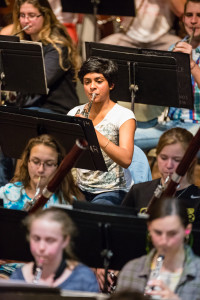

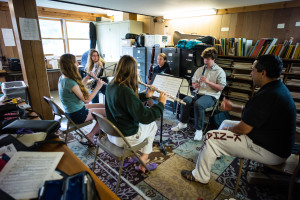
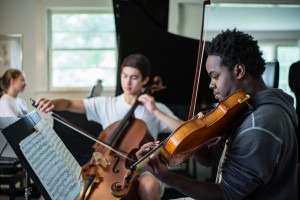
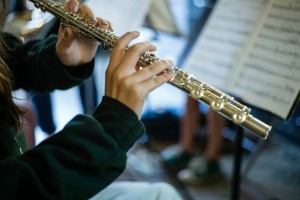
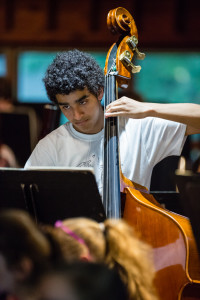
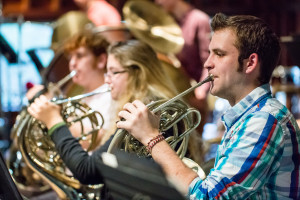
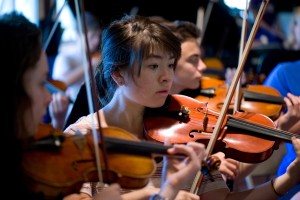
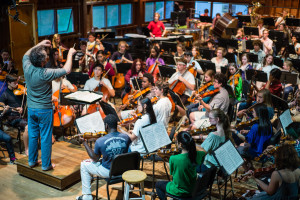


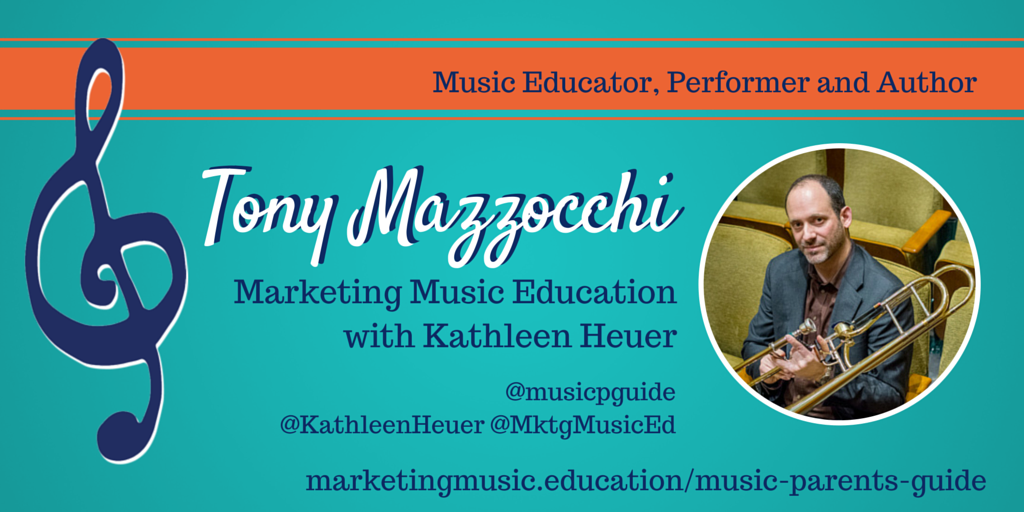
Recent Comments